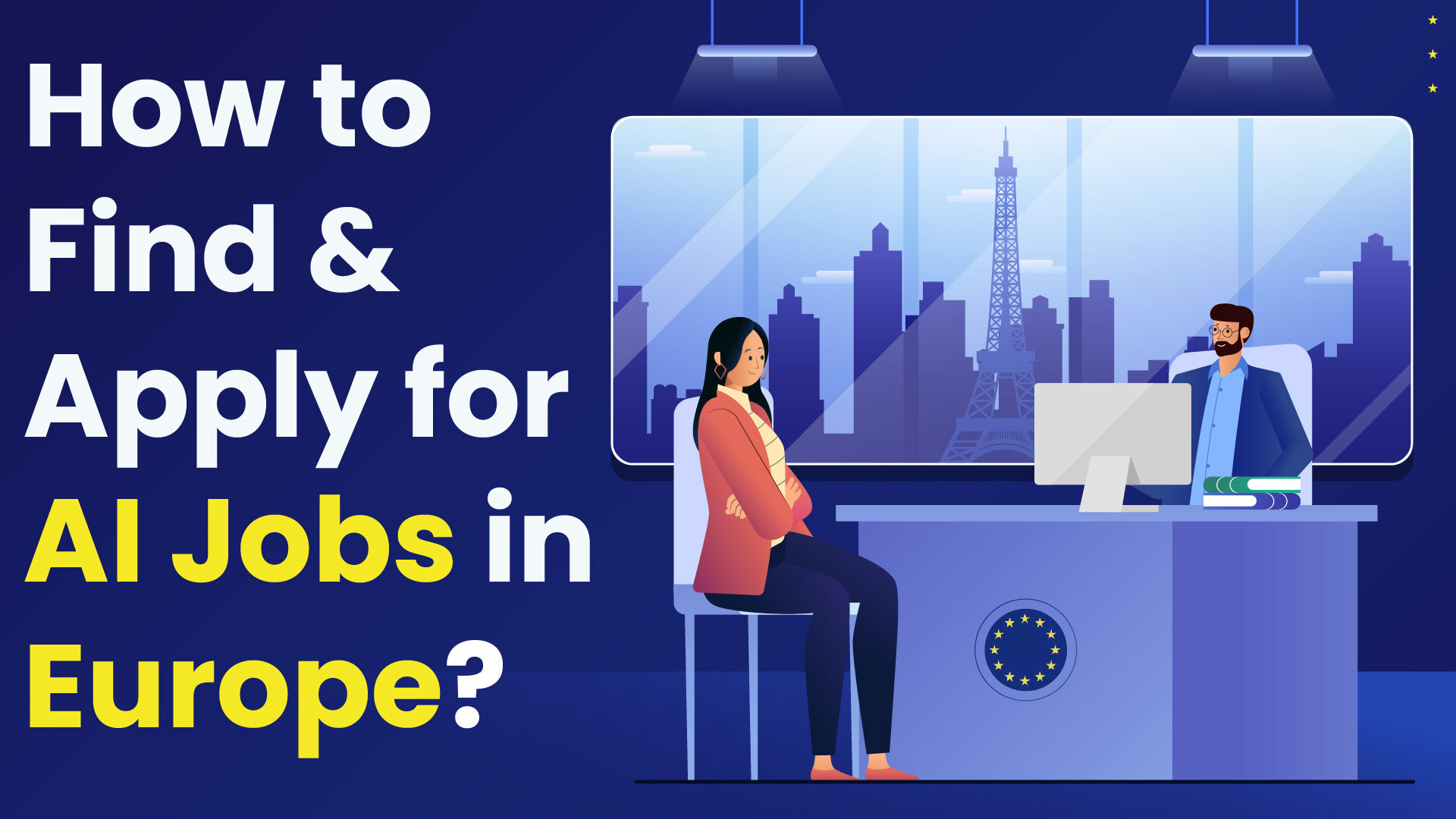
Introduction
AI Jobs in Europe: The rapid advancement of artificial intelligence (AI) and its evolution is evident in Europe, a continent that prides itself on being at the forefront of technological and industrial revolutions.
Overview of the Growing AI Industry in Europe
Europe has become a hub for AI innovation and expertise. Several European cities are now global AI epicenters. London, with its thriving tech scene and financial prowess, leads in AI-driven fintech solutions. Paris has seen an explosion of AI startups thanks to proactive government policies and funding. Berlin, known for its vibrant startup ecosystem, attracts AI talents from all over the world. The list continues, with cities from Barcelona to Helsinki contributing to Europe’s robust AI landscape.
Moreover, Europe’s commitment to AI is not just city-centric. The European Union has laid out strategies and visions for AI, aiming to enhance research, increase public and private investments, and ensure AI’s implementation. This wide focus means good news for academia, industry, and government, all propelling Europe to the peak of AI advancements.
Importance of AI in Today’s Job Market
For job seekers, there are an array of opportunities. But it’s not just about the quantity of jobs. The roles in the AI field promise intellectual challenge, competitive compensation, and the chance to be at the cutting edge of technological innovation. As industries continue integrating AI solutions, possessing AI skills is becoming a fundamental requirement.
However, diving into Europe’s AI job market requires more than just technical skills. It also requires a deep understanding of the continent’s blend of cultures, business etiquette, and industry trends. As we go deeper into this guide, we aim to equip you with the insights and strategies to navigate Europe’s vibrant AI job ecosystem.
Understanding the European AI Ecosystem
For anyone aspiring to immerse themselves in Europe’s AI job market, understanding this ecosystem is important.
London, UK: London is a growing place for tech in Europe, especially regarding AI. In many areas, like money, tech, and health, AI is becoming a normal part of life. There’s a place in London called the Silicon Roundabout where many new and big AI companies are based.
Paris, France: Paris is also getting big in AI. The French government is helping AI research and new companies. There’s a huge place in Paris called Station F that self-proclaims to be the World’s biggest startup campus and has lots of new companies working on AI.
Berlin, Germany: Berlin is cool and cutting-edge for tech, and lots of AI experts like to go there. Its affordable living costs, combined with a thriving startup culture, make it an attractive destination for AI professionals worldwide.
Other Important Places: Besides London, Paris, and Berlin, other cities like Barcelona, Helsinki, Zurich, and Stockholm are getting good at AI too. They have a mix of tech people, schools, and policies that help make Europe a great place for AI.
Noteworthy AI Companies and Startups
Europe is home to a host of companies pushing the boundaries in AI. Some noteworthy names include:
DeepMind (London): Acquired by Google, DeepMind is at the frontier of AI research, known globally for its work in deep learning and neural networks.
UiPath (Bucharest): A leader in robotic process automation, UiPath harnesses AI to automate mundane business tasks.
Graphcore (Bristol): This company is making waves in the AI hardware space, producing intelligence processing units (IPUs) for faster machine learning computations.
BenevolentAI (London): Utilizing AI to accelerate drug discovery, BenevolentAI stands at the intersection of technology and healthcare.
These are just a handful of the myriad companies in Europe that are leveraging AI to create groundbreaking solutions.
Research Institutions and Universities Leading in AI
European academic institutions have historically been at the forefront of scientific and technological research. In the realm of AI, the tradition continues:
University of Oxford: With its renowned Computer Science Department and the Oxford Internet Institute, Oxford is a global leader in AI research.
ETH Zurich: Situated in Switzerland, ETH is acclaimed for its pioneering work in machine learning and robotics.
Max Planck Institute for Intelligent Systems (Germany): Specializing in AI research, the institute has made notable contributions to robotics, machine learning, and computer vision.
Ecole Polytechnique Fédérale de Lausanne (EPFL): With its dedicated School of Computer and Communication Sciences, EPFL is at the cutting edge of AI research in Europe.
These institutions, among others, are not only pushing the boundaries of AI knowledge but are also breeding grounds for top-tier AI talent, incubating the next generation of AI professionals.
Arming oneself with knowledge about these hubs, companies, and institutions is the first step in navigating Europe’s AI job market. As the ecosystem continues to evolve, opportunities for exciting roles, collaborations, and innovations in AI will only multiply across the continent.
Identifying the Right AI Job for You
To find your place in the AI ecosystem, it’s essential to understand these roles and evaluate them against your aspirations, skills, and background.
Different Roles in AI
Data Scientist: As the name suggests, data scientists primarily work with data. They collect, clean, and analyze vast amounts of data to derive actionable insights. They might also develop predictive models using machine learning.
Machine Learning Engineer: These professionals are tasked with designing, implementing, and deploying machine learning models. They focus on the engineering aspect of AI and often collaborate with data scientists to turn models into usable software.
Computer Vision Engineer: A computer vision engineer specializes in teaching computers to interpret and understand the visual world. Using digital images from cameras and videos and deep learning models, they can train computers to identify and classify objects and make decisions based on that information.
This role often involves working with complex algorithms, machine learning, and image recognition technologies. They might work on projects like creating systems for self-driving cars to recognize obstacles, developing face recognition software, or automating the process of inspecting products in a factory.
Research Scientist: Usually found in academic settings or research departments of large companies, research scientists delve deep into theoretical aspects of AI. They aim to push the boundaries of what’s possible with AI, crafting novel algorithms and techniques.
AI Product Manager: This role involves overseeing the development of AI products from ideation to deployment. AI Product Managers bridge the gap between technical and non-technical teams, ensuring that AI solutions meet business needs.
Skills Required for Each Role
Data Scientist:
Proficiency in programming languages such as Python or R.
Strong grasp of statistics and data analysis techniques.
Familiarity with data visualization tools and data wrangling.
Experience with machine learning libraries like scikit-learn, TensorFlow, or PyTorch.
Machine Learning Engineer:
Advanced programming skills, particularly in Python and C++.
Deep understanding of machine learning algorithms.
Experience with deep learning frameworks like TensorFlow or PyTorch.
Knowledge of cloud platforms and deployment tools.
Computer Vision Engineer:
Proficiency in programming languages such as Python, C++, or Java.
Skills in image processing and manipulation techniques.
Experience with computer vision libraries like OpenCV.
Solid foundation in mathematics, particularly in linear algebra and statistics.
Ability to analyze large datasets and improve algorithm accuracy.
Proficiency in deep learning frameworks such as TensorFlow or PyTorch.
Strong problem-solving skills and attention to detail.
Research Scientist:
Deep understanding of AI and machine learning theories.
Ability to formulate and test hypotheses.
Strong background in mathematics and algorithm design.
Publication records in reputable journals can be an added advantage.
AI Product Manager:
Technical background to understand AI capabilities and limitations.
Strong project management and organizational skills.
Ability to communicate complex AI concepts to non-technical stakeholders.
Understanding of the product lifecycle and market needs.
By understanding the details of these roles and mapping your skills and aspirations, you can pinpoint the AI job that aligns best with your career trajectory. Ai jobs in Europe offer ample opportunities across all these roles, catering to professionals at various stages of their careers.
Where to Look for AI Jobs in Europe
Finding a job in the European AI sector involves knowing where to look. With multiple platforms and networks, here’s how you can streamline your search:
Job Portals
International Platforms
LinkedIn: A powerhouse for professional networking, LinkedIn also lists job openings. Here, you can find AI positions across Europe, from startups to large corporations.
Glassdoor: Besides job listings, Glassdoor offers insights into company cultures and salaries, which can be critical in evaluating job offers.
AI Software Engineer Jobs(London) AI jobs in UK
Computer Vision Engineer(Paris) AI jobs in France
Machine Learning Engineer(Berlin) AI Jobs in Germany
Indeed: A go-to for job seekers, Indeed aggregates listings from numerous websites, providing a comprehensive view of the AI job market in Europe.
AI Software Engineer Jobs(AI jobs in Germany)
Computer Vision Engineer(AI jobs in UK)
Machine Learning Engineer(AI Jobs in France)
Europe-specific Platforms:
EurActiv Jobsite: While focused broadly on EU affairs jobs, this site occasionally lists positions in AI, particularly in policy and regulatory roles.
EuroJobs: Catering specifically to the European job market, this portal can be a valuable resource for AI jobs across different European countries.
AI-specific Portals:
AI-Jobs.net: Dedicated solely to AI careers, this site is a treasure trove for those looking exclusively for AI roles.
AI Job Board: Explore AIJobsBoard.net for the latest AI jobs, including roles for Data Scientists, Machine Learning Engineers, and AI Researchers.
Networking
Attending AI Conferences in Europe:
NeurIPS (Conference on Neural Information Processing Systems): A leading conference in AI, perfect for learning and networking.
ICLR (International Conference on Learning Representations): Ideal for those focusing on deep learning.
EACL (European Chapter of the Association for Computational Linguistics): Especially relevant for those in natural language processing (NLP).
Local AI Meetups, Seminars, and Workshops:
Regular attendance at local meetups and seminars can not only increase your knowledge but also connect you with professionals and potential employers in the field.
Engaging in Online AI Communities, Forums, and Social Media Groups:
Platforms like Reddit, Stack Overflow, or specific LinkedIn groups offer avenues to discuss AI topics, share insights, and learn about job openings.
University & Research Institutions’ Career Pages
AI Research Departments: Many top universities and research institutions in Europe advertise openings for researchers, technical assistants, or postdocs directly on their websites. These can be goldmines for those interested in academic or research-intensive roles.
AI Jobs in Europe – Country Specific
AI Jobs in Germany
Germany is at the forefront of integrating AI into its industrial fabric, particularly in automotive, manufacturing, and healthcare sectors. As of the latest data:
Market Size & Investment: The German government has pledged billions towards AI research and development in its “AI Made in Germany” initiative, aiming to make the country an international hub for AI.
Job Market Trends: Data from leading job portals such as StepStone and Indeed.de show a high demand for AI specialists in Berlin, Munich, and Stuttgart, with an increasing trend in AI applications in sustainable energy and smart cities.
Specialized Job Portals: AI in German language is referred to as KI – “Künstliche Intelligenz“. Platforms with “KI-Jobs” in their listing cater specifically to AI and machine learning careers in Germany.
Noteworthy Fact: The German AI landscape is characterized by numerous research institutions like the German Research Center for Artificial Intelligence (DFKI), which collaborate with industries to transition AI research into practical applications.
AI Jobs in France
France has made significant strides in establishing itself as a hub for AI, especially with a national strategy for AI, aiming to make France a leader in AI research and innovation.
Market Size & Investment: The French government’s investment in AI research and innovation has surpassed €1.5 billion, creating fertile ground for AI job growth.
Job Market Trends: Job postings on sites like Apec.fr and Lesjeudis.com indicate a surge in demand for AI talent in Paris, Toulouse, and Lyon, particularly in the health and defense sectors.
Specialized Job Portals: AI in French is Intelligence Artificielle(IA). Look for specialized platforms that features IAJobs listings across France.
Noteworthy Fact: France is home to AI for Humanity, an initiative that aligns with the country’s vision to leverage AI for public good, ensuring ethical considerations in AI development.
AI Jobs in the UK
The UK has a thriving AI job market, supported by its strong academic foundations and the presence of global tech companies.
Market Size & Investment: The UK government has launched a £1 billion AI sector deal to support the nation’s ambition to become a leader in AI technology and ethics.
Job Market Trends: According to Tech Nation, the UK saw a 44% increase in AI-related job postings with hubs in London, Cambridge, and Edinburgh.
Specialized Job Portals: Websites such as Technojobs and CWJobs often feature AI-specific roles, catering to a rapidly growing tech workforce.
Noteworthy Fact: London has been frequently cited as Europe’s AI capital, owing to its dynamic mix of AI startups, investment activity, and academic hubs like The Alan Turing Institute.
Tailoring Your Application
To stand out in the competitive European AI job market, it’s crucial that your application clearly showcases your expertise, passion, and relevance to the position you’re applying for. Here’s how you can tailor each component of your application:
CV/Resume
Highlighting Relevant AI Projects:
Impact: Detail the AI projects you’ve been a part of, stressing the impact they’ve had—whether it’s improving a system’s efficiency, aiding in decision-making, or any other measurable results.
Teamwork & Leadership: Indicate your role in these projects. Were you leading a team, collaborating cross-functionally, or spearheading the research?
Showcasing AI Certifications, Courses, and Relevant Education:
Relevance: While you might have a range of courses and certifications under your belt, prioritize those most relevant to the position. E.g. OpenCV University Courses
Prestige: Highlight any courses or certifications from esteemed institutions or platforms. It can set you apart from the crowd.
Including AI Tools, Languages, and Frameworks You’re Proficient In:
Proficiency Levels: It’s helpful to indicate your proficiency level (beginner, intermediate, expert) in various tools and languages.
Recent Usage: Prioritize tools and frameworks you’ve used recently, signaling to employers that your knowledge is up-to-date.
Cover Letter
Emphasizing Your Passion for AI:
Narrate what drew you to AI and why you’re passionate about it. This helps employers see the drive behind your technical skills.
Relating Your Experiences to the Specific Job Role:
Tailor your cover letter for each application. Draw parallels between what the employer is
seeking and your experiences.
Mentioning any European-based AI Work or Collaborations:
If you’ve previously collaborated with European teams or worked on projects relevant to the European market, highlight them. It can showcase your familiarity with the European AI ecosystem.
Portfolio & GitHub
Providing a Link to Your Portfolio with AI Projects:
Ensure your portfolio is neatly organized, with a brief description of each project, the challenges faced, solutions provided, and results achieved.
Maintaining an Active GitHub Profile with AI-related Repositories:
Regular Updates: An active GitHub indicates continuous learning and passion for the field.
Readme Files: For each repository, a comprehensive Readme file can provide context to potential employers, helping them understand the project’s scope and your role in it.
As you adapt your application to resonate with the role and the European AI industry’s nuances, you significantly enhance your chances of landing your desired AI job in Europe.
Preparing for the Interview
The interview is your chance to not only showcase your skills and knowledge but also to connect with potential colleagues and gauge if the company aligns with your career goals.
Preparing both technically and personally can substantially improve your chances of success.
Technical Preparation
Revisiting Core AI Concepts:
Whether it’s foundational theories in machine learning, neural networks, or optimization techniques, ensure you’re confident in your understanding. Brush up on topics that are frequently asked about during AI interviews.
Practical Exercises on Platforms like Kaggle:
Engage in real-world data challenges on platforms such as Kaggle. It not only hones your skills but also demonstrates initiative and a commitment to continuous learning.
Staying Updated with Recent AI Breakthroughs and News:
Being able to discuss these in your interview indicates that you’re an active participant in the AI community.
Soft Skills & Cultural Fit
Understanding the Company Culture:
Delve into the company’s mission, vision, and values. This can give you insights into what the company prioritizes and how you can align with it.
Preparing to Discuss Teamwork, Project Management, and Problem-solving Abilities:
Be ready with anecdotes or examples that illustrate your abilities in these areas. How did you handle a team conflict? How did you manage a tight deadline or an unforeseen problem in a project?
Familiarizing Yourself with the Working Culture in Europe
Europe has a diverse working culture, with nuances varying from one country to another. Understand general European working norms such as work-life balance, communication styles, and hierarchical structures. This preparation can help you navigate the interview smoothly and set positive expectations for your potential role.
As you prepare, remember also to consider questions you’d like to ask the interviewer—it’s a two-way street, and understanding if the company is right for you is equally vital.
Navigating Work Permits and Visa Requirements
Navigating the intricacies of work permits and visas is a critical step for non-EU/EEA nationals aiming to work in the European AI sector. Here’s a breakdown to guide you:
An Overview of European Blue Card and Other Work Visas
European Blue Card: A residence title for third-country nationals in the EU to work and live in an EU member state. To qualify, one generally needs a confirmed job offer, a vocational qualification, and proof of salary.
Country-specific AI Job Opportunities and Visa Considerations:
While the Blue Card is widely accepted, it’s essential to be aware of country-specific regulations.
For example:
AI Jobs in Germany: Recognized for its strong AI industry, it offers the Blue Card and other employment visas. Language proficiency might be needed for specific roles.
AI Jobs in France: Offers the “Talent Passport” for skilled professionals in sectors like AI.
AI Jobs in the UK: With Brexit, the UK has its skilled worker visa, requiring a job offer from an approved employer.
The Importance of Having an Employment Offer Before Visa Application:
Most work visas, including the Blue Card, require a confirmed job offer. It’s not just a formality—this confirms to immigration authorities that you have a legitimate reason to reside in the country and that there’s an economic demand for your skills.
Conclusion
The journey to securing an AI job in Europe, while challenging, promises a rewarding career in a sector that’s continuously growing and evolving:
Encouragement to Continually Upskill in the AI Field:
As AI is a dynamic domain, ongoing learning is not an option—it’s a necessity. Engage in courses, webinars, and research to stay at the forefront of the field.
Emphasizing the Importance of Networking and Being Proactive in the Job Search:
Beyond technical skills, building professional relationships can significantly influence your career trajectory. Regularly engage with peers, attend conferences, and proactively seek opportunities.
The Immense Potential and Growth of the AI Sector in Europe:
AI Jobs in Europe has a mix of established companies and innovative startups, which presents vast opportunities for AI professionals. With the right preparation and mindset, you can be a part of this vibrant ecosystem, contributing to and benefiting from the AI revolution.
Embarking on this journey requires patience, diligence, and persistence. But with the European AI sector’s potential and the continent’s rich cultural experiences, it’s an endeavor well worth the effort.


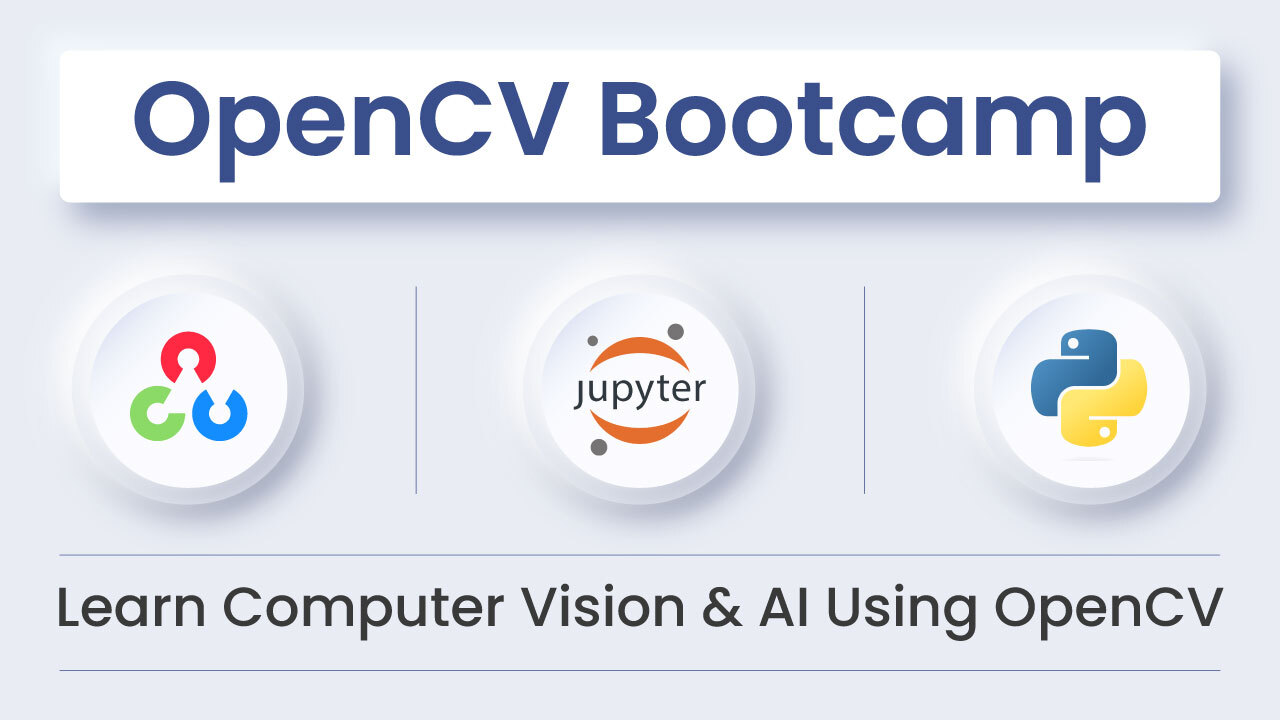
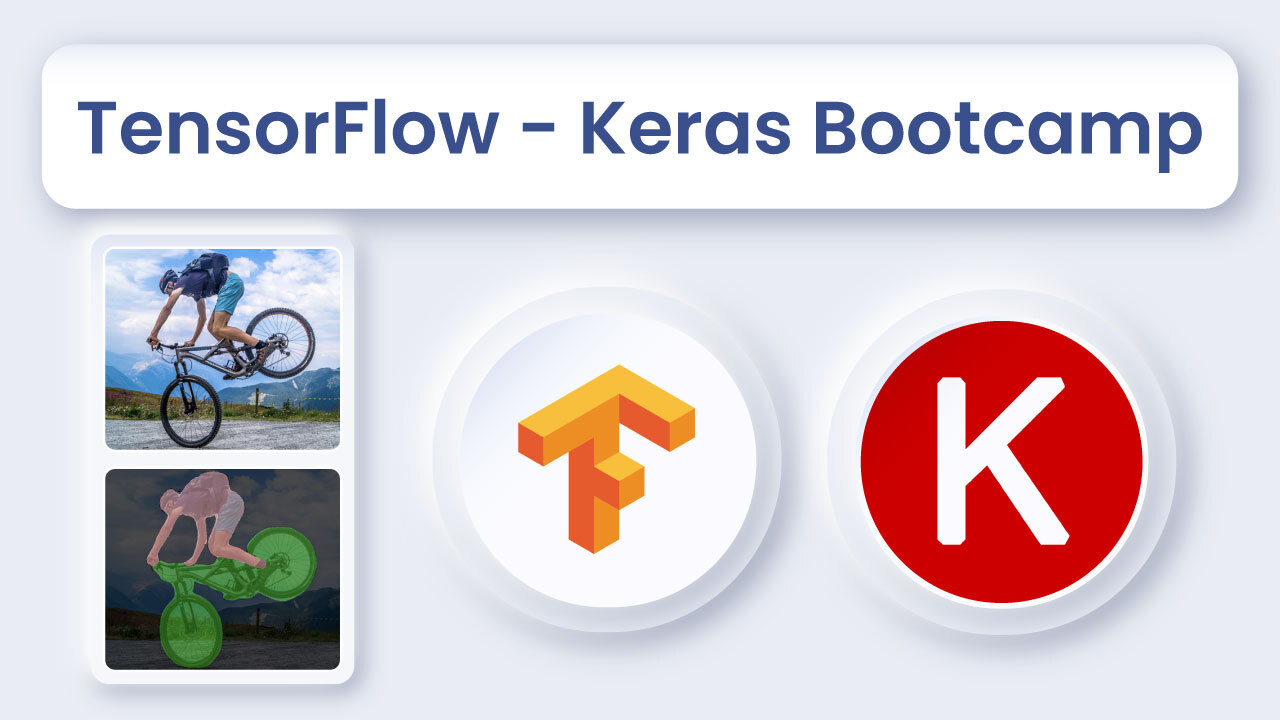
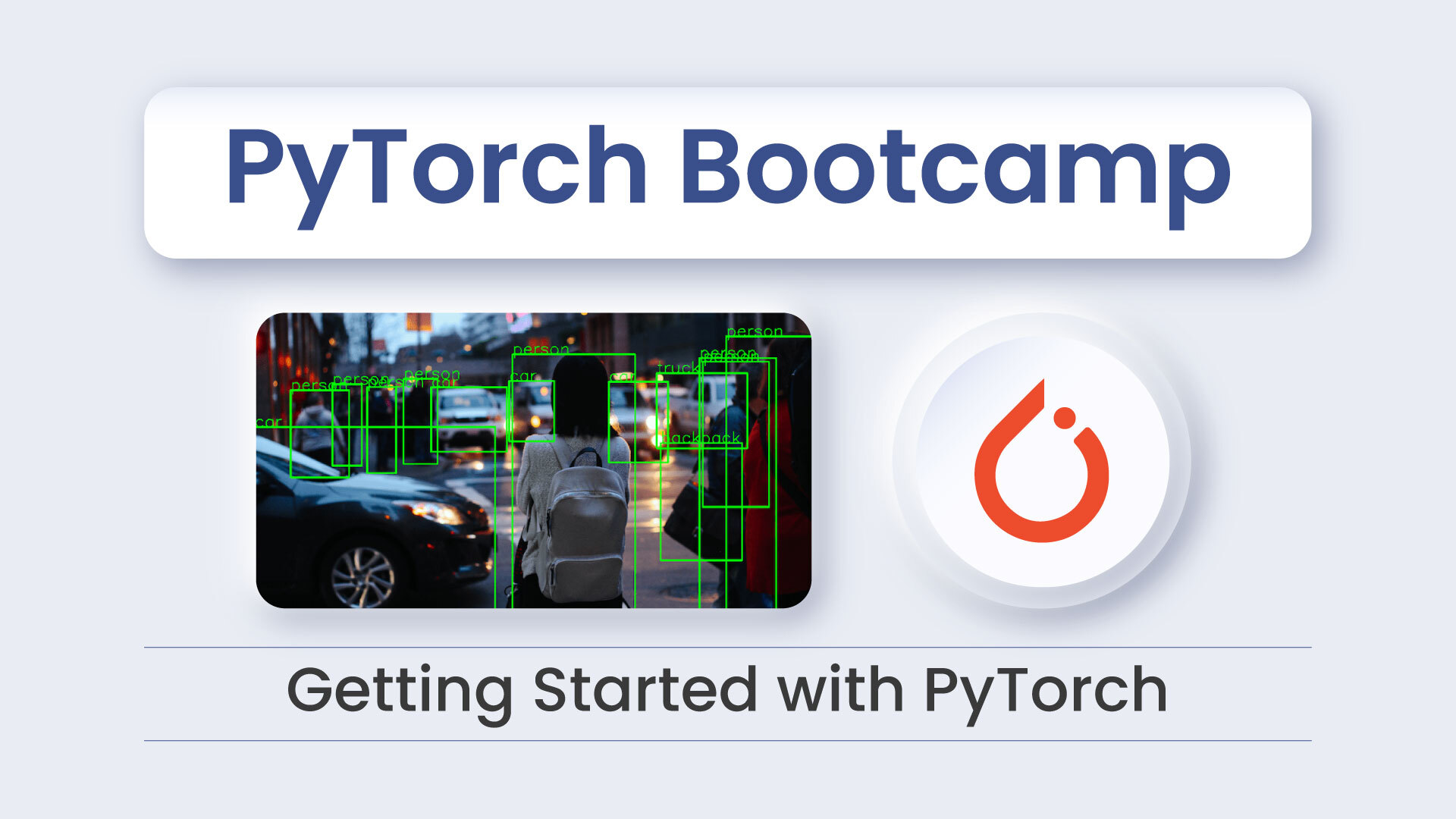


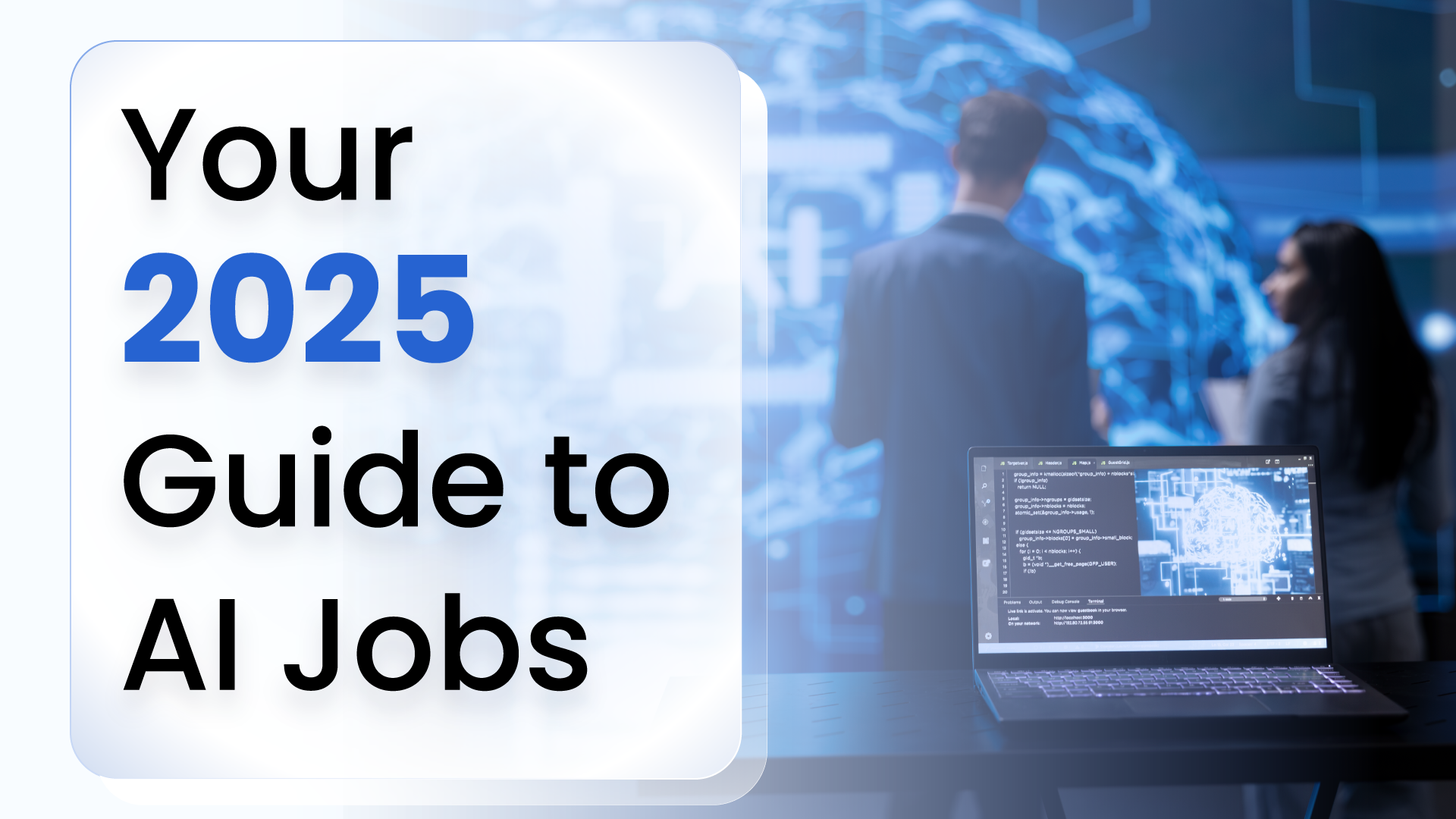
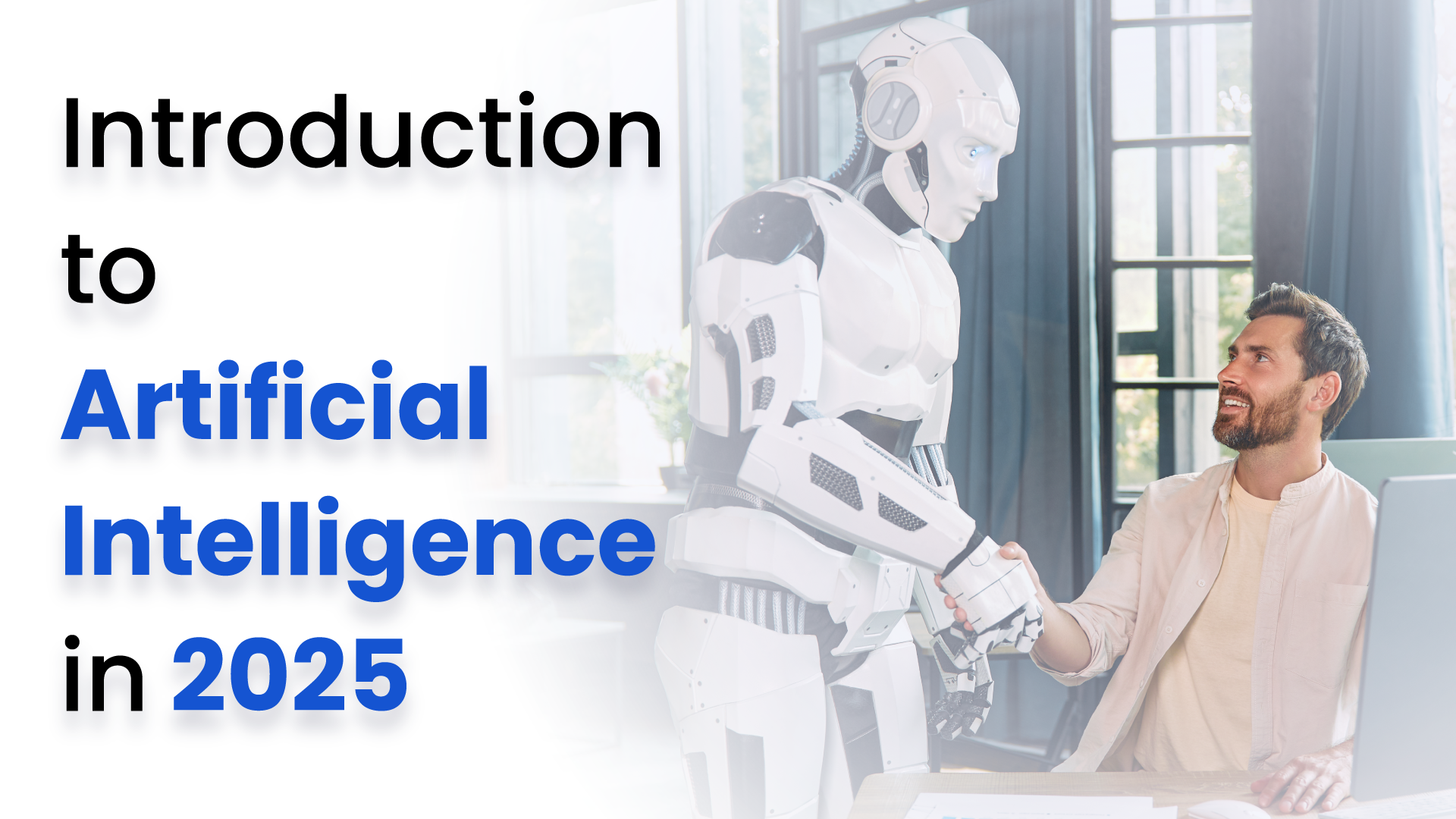
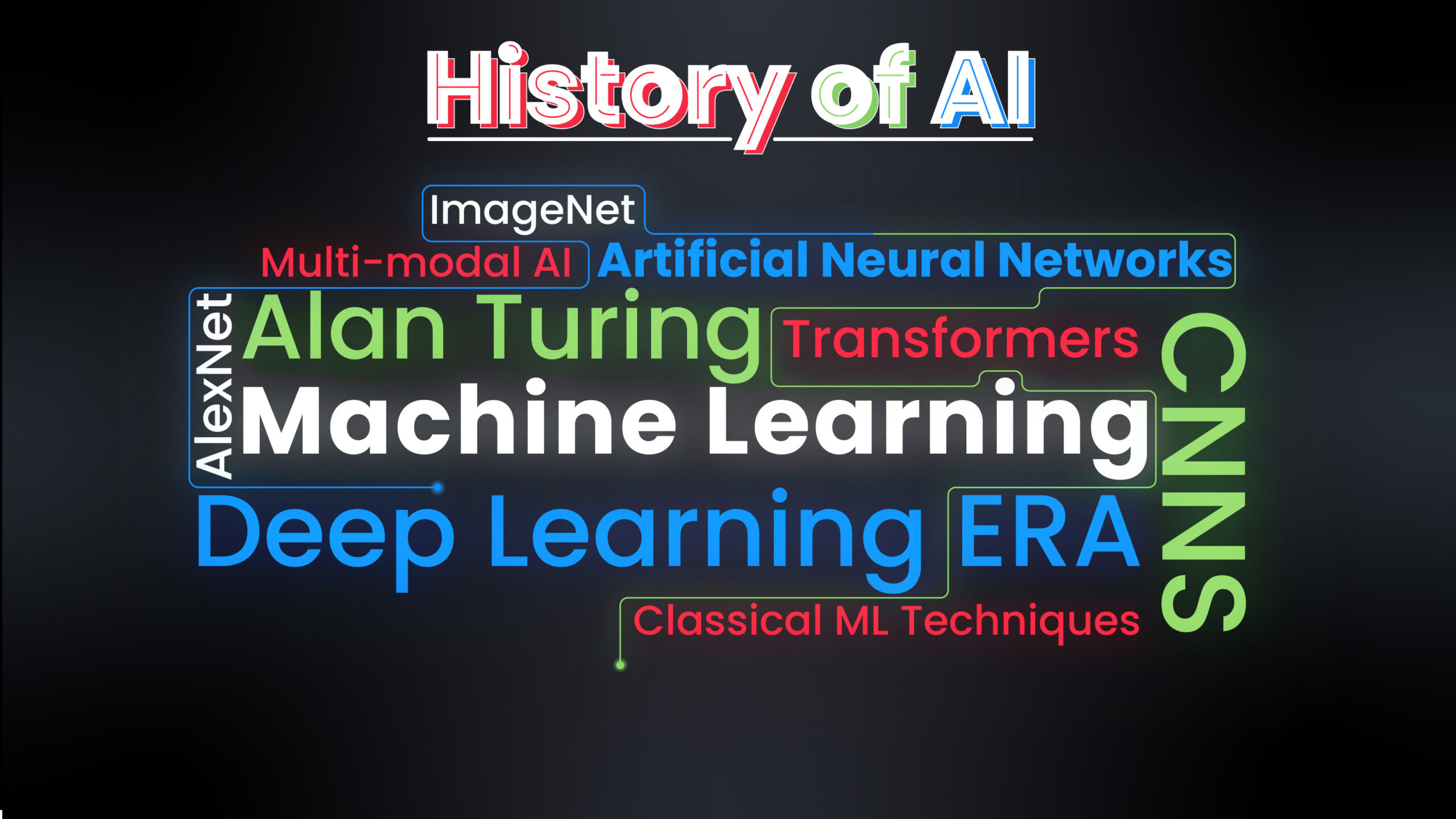
5K+ Learners
Join Free VLM Bootcamp3 Hours of Learning